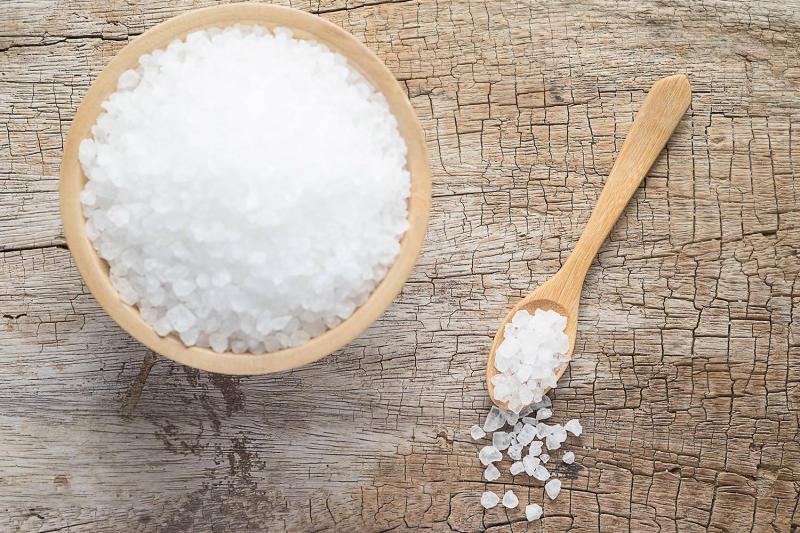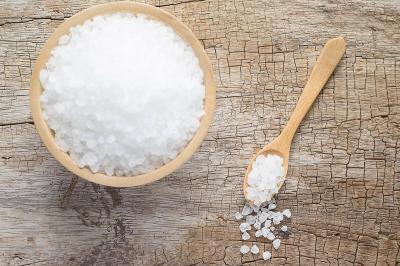Sodium plays a vital role in the body, as it is necessary for proper functioning. When sodium is combined with the mineral chloride, it produces table salt. This salt, also known as sodium chloride, consists of 40% sodium and 60% chloride. It is essential for enhancing food flavor and serves as a preservative, as bacteria cannot grow in the presence of high amounts of salt. The human body requires a small amount of sodium to transmit nerve impulses, contract and relax muscles, and maintain proper water and mineral balance.
However, according to Dr. Ivan Porter, a kidney disease specialist at the Mayo Clinic, adding too much salt to your diet is not a good idea. A recent study published in the JAMA Network Open found that adding salt to your food can increase the risk of chronic kidney disease. The kidneys balance the amount of sodium in the body, and if you are consuming too much, it accumulates in the blood. As a result, the heart works harder to pump blood, leading to increased blood pressure, which raises the risk of heart disease, strokes, and kidney disease.
Dr. Porter states, "Chronic kidney disease is the term we use to describe what happens when the kidneys have trouble filtering waste and toxins from the blood." He continues, "Sodium is added to most processed foods, and it is also found in many seasonings. So it’s very easy for us to consume much more sodium than we need. It’s also very easy for us to obtain a dangerous amount of sodium that can impact blood pressure or our overall health."
The recommended daily limit for sodium is 2,300 mg, or about one teaspoon. Dr. Porter advises reading food labels to avoid consuming too much salt and emphasizes the need to use salt-free seasonings.




